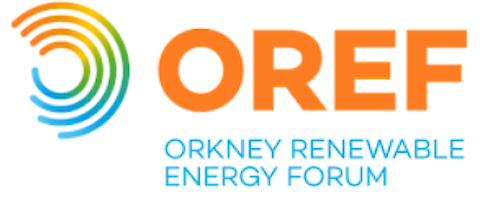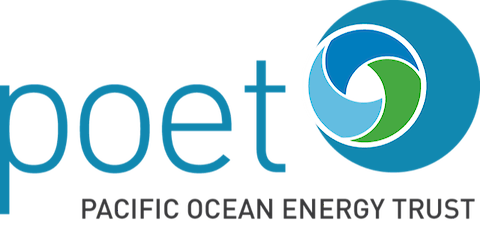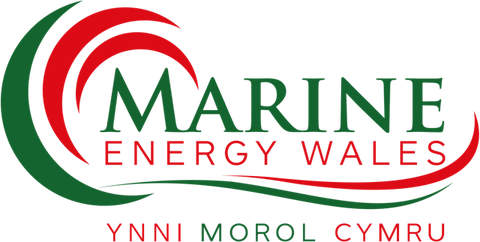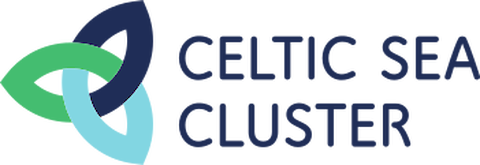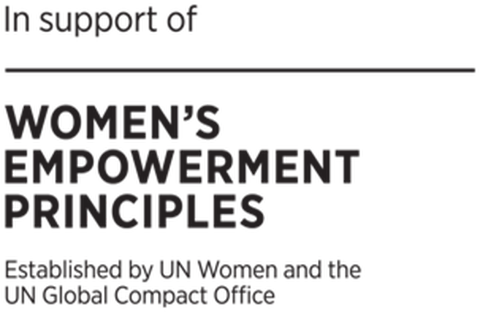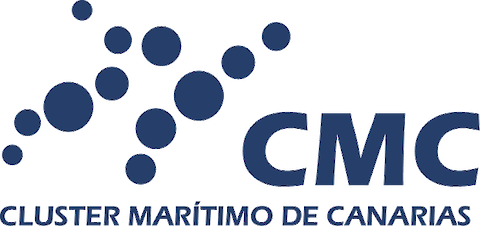Maritime industry concerns over skills supply and demand
The report is a result of an intensive consultation process held with the maritime technologies industry
between April and July 2020. Involving more than a hundred companies through surveys, and 28 experts
in focus groups, the report captures sound experience from over 70 industrial organisations in Europe,
shedding light on current skills gaps and the misalignment of skills supply and demand.
For the hard skills gaps, the shipbuilding sector reported skills needs related to engineering, automation
and environmental performance of vessels. The importance of capturing knowledge from shipyard
retirees for newer generations was also emphasised. In the offshore renewable energy sector, there is a
need for specialisation of managerial positions which require multi-disciplinary knowledge and better
and more integrated understanding of the offshore renewable energy value chain. For operations and
maintenance at sea, health and safety skills are of the utmost importance so that accidents and incidents
can be avoided. The use of test sites to simulate the offshore renewable energy working context could
also be a major asset in efforts to improve the training offerings. Both sectors recognise the need to
improve soft skills that must be well integrated into educational and training programs.
The report also highlights some of the concerns surrounding the COVID-19 crisis and the impact it is having
on Europe’s maritime technology sector. In particular cruise shipbuilding companies, which represent an
important part of the sector in Europe, are feeling the pressure. A slowdown in new constructions will
undoubtedly lead to a reduction of the workforce in these shipyards, requiring workers to transfer to
other maritime sectors. The offshore wind energy sector, which has been resilient despite COVID-19, was
identified as an industry which could accommodate these workers, with offshore test sites showing
potential as important training spaces. The offshore renewable energy sector is expected to continue
growing, increasing the number of projects and requiring an expanded workforce for those projects
already in place.
The consultation process also addressed how industry understands the ocean and its relationship with it.
Although the offshore renewable energy sector was more familiar with these concepts, both sectors
recognise the need to increase Ocean Literacy awareness among their industry as well as across their
value chain.
Commenting on the significance of the report and MATES activities, MATES project coordinator Lucia
Fraga, CETMAR, said
“This report highlights the urgent need for strategic, effective training initiatives to
support Europe’s maritime workers. Now more than ever, we need to address the skills gaps in the offshore
renewable energy and shipbuilding sectors to help workers adapt to our changing world and to ensure
that we strengthen and protect Europe’s Blue Economy. Within MATES we are addressing this need
through the development of Pilot Experiences, to test best practices for a skills strategy in the maritime
industry.”
Further information on the MATES Pilot Experiences is available at projectmates.eu/pilot-experiences, on
the European Marine Biological Resource Centre’s Marine Training Platform and updates on the project
are available through MATES e-news subscription and @ErasmusMATES.
Notes for Editors
The MATES project “MATES - Maritime Alliance for fostering the European Blue economy through a
Marine Technology Skilling Strategy” is co-funded under the Erasmus+ Programme of the European Union.
Erasmus+ is the European Union programme for education, training, youth and sport. It runs for seven
years, from 2014 to 2020. Erasmus+ aims to modernise education, training and youth work across Europe.
It is open to education, training, youth and sport organisations across all sectors of lifelong learning,
including school education, further and higher education, adult education and the youth sector.
The MATES project will run from 2018-2021 with an overall budget of €4.9 million. MATES is coordinated
by the Centro Tecnológico del Mar - Fundación CETMAR. The main objectives of Fundación CETMAR is to
promote cooperation among institutions, research centers and the maritime and fishery sectors,
encourage the involvement of dependent sectors of the sea in research and development, and promote
the efficiency of all activities related to the use and exploitation of the marine environment.
More information is available at www.cetmar.org. The Project Coordinator is Lucia Fraga Lago
(mates@cetmar.org).
For press queries, please contact Olivia Daly, AquaTT (email: olivia@aquatt.ie)
Subscribe to receive MATES news and updates here.

